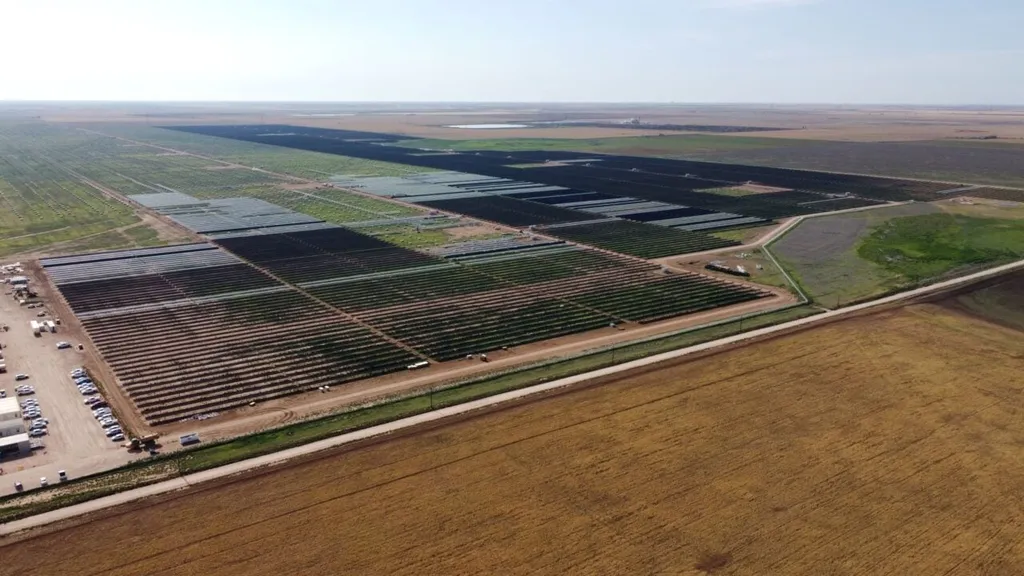In a bold move, the Western Cape has laid out a visionary infrastructure budget that could significantly disrupt the energy and digital landscapes of South Africa. Minister Tertius Simmers’ allocation of R11 million to digital infrastructure and nearly R40 million to energy security is more than just a financial statement; it’s a roadmap for a tech-driven future.
The embrace of Digital Twins and AI for infrastructure planning is a game-changer. By leveraging a real-time, interactive 3D digital twin of the province, the Western Cape is not just keeping up with the times; it’s setting a precedent for other provinces and countries. This technology could revolutionise how infrastructure projects are visualised, funded, and executed. Imagine investors and policymakers exploring a dynamic 3D model of the province, interacting with proposed projects, and witnessing firsthand the potential impacts on the region. It’s not just about seeing the future; it’s about shaping it.
The integration of AI-driven analytics takes the promise of Digital Twins a step further. By accurately forecasting infrastructure needs, optimising resource allocation, and enhancing decision-making, the Western Cape is positioning itself as a leader in smart infrastructure management. This approach could transform the province into a living lab for data-driven policy, attracting tech giants and startups alike to test and scale innovative solutions.
The decentralised AI-Powered assistant, EVE, is another testament to the province’s commitment to citizen-centric innovation. By meeting residents where they are—on platforms like WhatsApp, Email, and a dedicated mobile app—the Western Cape is democratising access to public services. Toddler EVE, the first iteration, is more than just a chatbot; it’s a step towards a future where every resident has a voice and a stake in infrastructure development.
The Transport Infrastructure Branch’s modernisation initiative further underscores the province’s digital ambitions. The new public query app, set to launch in November, is not just about fixing potholes; it’s about empowering citizens to co-create their transport infrastructure. By logging road-related concerns directly from their mobile devices, residents become active participants in shaping their communities.
On the energy front, the allocation of R38.462 million towards energy resilience, with a focus on a Gas-to-Power initiative, signals a shift in the province’s energy strategy. The Western Cape is not just responding to energy security challenges; it’s seizing the opportunity to drive socio-economic growth and job creation. With abundant gas reserves, the province is well-positioned to harness both indigenous and imported gas supply options, complementing existing capacities and stimulating local economic growth.
The potential addition of up to 6.7GW of new gas-fired power generation capacity is a clear message to the market: the Western Cape is open for business. This move could catalyse investments across the entire value chain—upstream, midstream, and downstream—creating a robust gas-to-power industry that fuels the province’s growth.
Moreover, the exploration of Human Settlements microgrids in partnership with the private sector is a bold stroke towards energy equity. As electricity hikes continue to burden low-income communities, these microgrids could empower communities, providing affordable and reliable electricity. This move challenges the traditional energy distribution model, sparking debate on how to balance regulation and innovation in the energy sector.
The Western Cape’s infrastructure budget is more than just numbers; it’s a clarion call for digital disruption and energy evolution. As the province embraces cutting-edge technology and bold energy initiatives, it invites the world to watch, learn, and perhaps, follow. The markets are watching, and so are the people. The Western Cape is not just building infrastructure; it’s building the future.

